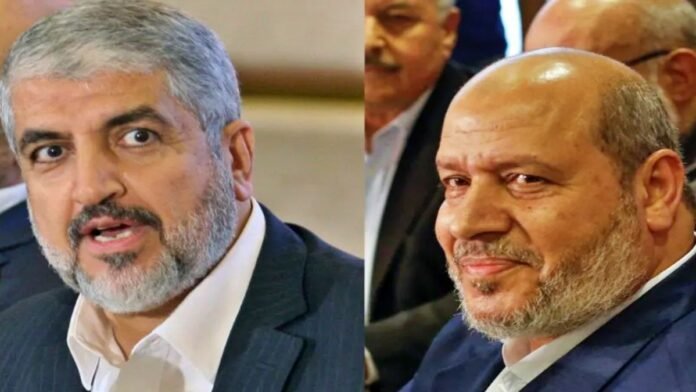
Gaza: Yahya Sinwar, the top leader of Hamas and the mastermind behind the deadly October 7, 2023 attack on Israel, was killed in a precision Israeli military strike in Rafah, located in the southern Gaza Strip. His death, a major blow to the Hamas leadership, raises critical questions about the future of the ongoing war in Gaza and the organization’s next steps.
Sinwar’s elimination marks a pivotal moment in the Israel-Hamas conflict, with Israeli Prime Minister Benjamin Netanyahu declaring the event as “an important landmark in the decline of Hamas’ evil rule.” The operation has fueled debates over who will succeed Sinwar and how it will impact the militant group’s ongoing resistance against Israeli forces. Israel has vowed to continue dismantling Hamas, with Netanyahu proclaiming, “Hamas will no longer rule Gaza,” and urging the citizens of Gaza to free themselves from its “tyranny.”
Who Will Succeed Yahya Sinwar?
Despite Sinwar’s death, Hamas retains a functional organizational structure, according to Amir Avivi, chairman of the Israeli security organization Bitchonistim. Avivi emphasized that Hamas can continue operating due to its strong hierarchical framework. However, the question of who will step into Sinwar’s role is now at the forefront of Gaza’s political and military landscape.
Reports from Israeli media have suggested that Mohammad Sinwar, Yahya Sinwar’s younger brother, is a leading candidate to succeed him. Born in 1975 in the Khan Yunis refugee camp, Mohammad is a seasoned Hamas commander with deep ties to the organization’s military operations. Known for his brutal tactics and strong influence within Hamas, he is seen as a continuation of his brother’s hardline approach. According to Israeli officials, Mohammad Sinwar’s potential leadership could spell the end of ceasefire negotiations, with one senior U.S. official stating that “negotiations are screwed” if he takes the helm.
A senior Israeli security official described Mohammad as “cut from the same cloth” as his brother, adding that his operational abilities and military strategy were well-respected within Hamas. “He gained influence initially due to his family ties but quickly established himself as a powerful military strategist,” the official noted.
Other potential successors include Mahmoud al-Zahar, a founding member of Hamas who played a key role in its early political victories. Al-Zahar, a senior figure within Hamas’ political wing, survived several assassination attempts by Israeli forces and has been largely absent from public view since the October 7 attack. He remains a strong contender for leadership due to his historical significance within the movement.
Another name floated as a potential leader is Mousa Abu Marzouk, a senior political figure and co-founder of the Palestinian Muslim Brotherhood branch that later evolved into Hamas. Marzouk remains active within Hamas’ top political bureau and is seen as a more diplomatic alternative, though his ties to the organization’s military wing could position him as a leader during this turbulent period.
Israel’s Perspective on Sinwar’s Death
Sinwar’s killing is being hailed as a significant victory for Israel. Israeli Foreign Minister Israel Katz called the strike “a great military and moral achievement for Israel” and framed it as a crucial step in the fight against the “axis of extreme Islam” led by Hamas and its supporters, including Iran.
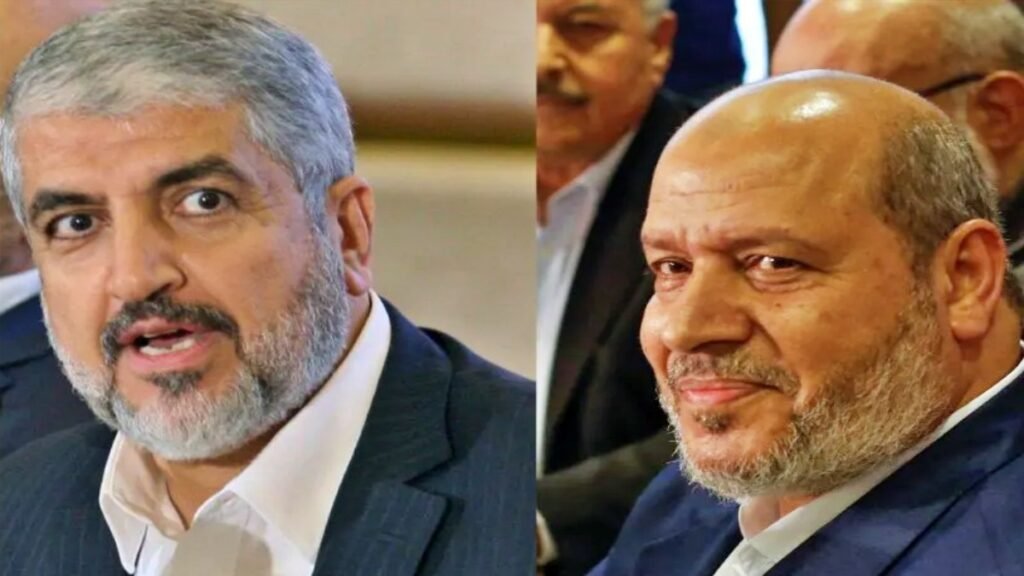
The elimination of Sinwar comes as part of Israel’s broader military campaign to weaken Hamas and restore security after the devastating October 7 attacks, in which over 1,400 Israelis were killed. Israeli forces have since launched numerous retaliatory strikes across Gaza, targeting Hamas leaders and infrastructure.
As Israel intensifies its efforts to bring an end to the war, the death of Yahya Sinwar has opened a new chapter in Gaza’s volatile political situation. Whether Hamas will continue its current trajectory under new leadership or seek a path toward negotiation remains a critical and unresolved issue in the region’s future.






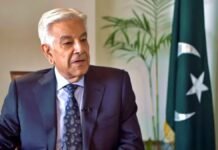


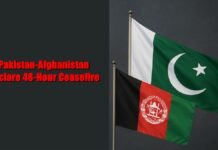
































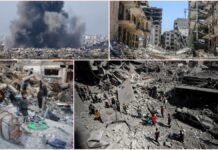


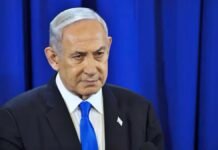

![[Official Trailer] ชอกะเชร์คู่กันต์ A Boss and a Babe](https://palpalnewshub.com/wp-content/uploads/2023/03/1677840285_maxresdefault-150x84.jpg)





